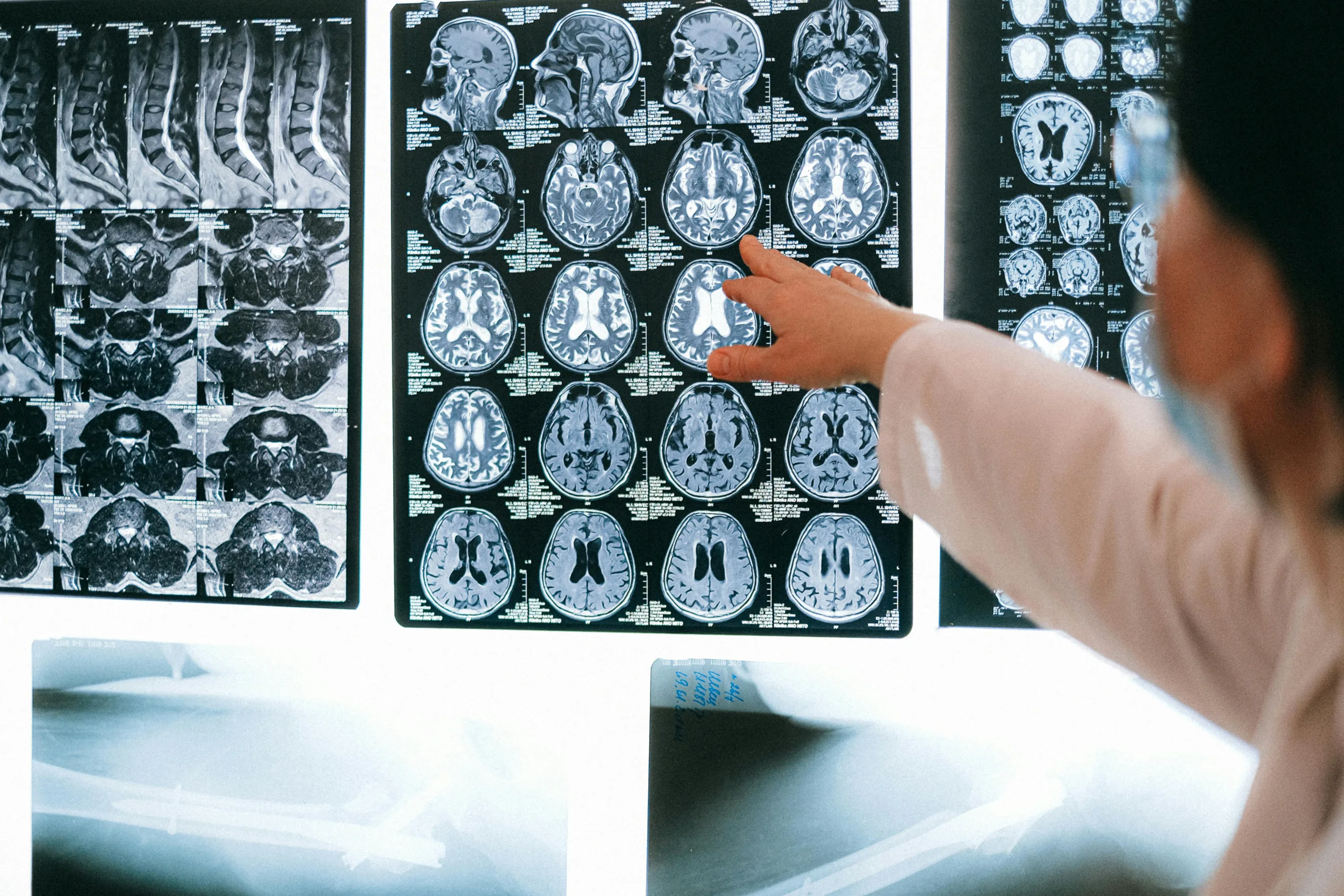Study the effects of drugs, alcohol, genetics and brain damage on memory, behaviour and language
Broaden your understanding of physiological (including genetic) influences on brain process, (such as memory), and human behaviour. Discover how genetics plays a major role in shaping our behaviour, learn how our nervous system functions, how we recover from brain damage, what drug and alcohol damage can do and memory and language issues and recovery.
A stand alone course that complements Biopsychology A, while recommended it is not essential. The two courses complement each other, if you are interested in doing both please contact us for a course bundle discount.
Course Aims:
- Understand how evolution, genetics and experience influence behaviour and individual differences.
- Discuss methods of research used to understand the functioning of the nervous system and behaviour.
- Explain different causes of brain damage and the resultant effects on brain functioning.
- Understand neuro-plasticity from the perspective of development, learning and recovery from brain damage.
- Delineate the effects of drugs on the CNS and to explain biopsychological theories of addiction and reward systems in the brain.
- Describe memory structures in the brain, theories of memory storage and evidence from different types of amnesia.
- Describe different models of language localisation and to evaluate evidence for these models.
There are 7 lessons in this course:
- Evolution, Genetics and Experience
- What is biopsychology
- The organism’s genetic endowment, experience and perception.
- Adaptation
- Behavioural genetics
- The nature nurture debate
- The human genome
- Benefits of genetic research
- Critical policy and ethical issues
- Research Methods in Biopsychology
- Behavioural genetics
- Methods of investigating the brain: invasive and non invasive
- Localisation of function
- Neuroanatomical techniques
- Psychophysiological measures
- Other methods
- Lesions
- Brain Damage
- Causes of brain damage
- Frontal lobe damage
- Damage to other areas and effects
- Types of brain damage
- Case study : Phineas Gage
- Case study: diagnosing epilepsy
- Case study -Alzheimer’s disease
- Recovery from Brain Damage
- Neuro plasticity
- Stages of recovery: unresponsiveness, early responses, agitated and confused, higher level responses,
- Case study: Parkinson’s disease
- Parkinson’s disease symptoms, diagnosis, prognosis, stages, etc
- Drug treatments for Parkinson’s disease
- Complimentary and supportive therapies for Parkinson’s disease
- Coping with Parkinson’s disease
- Terminology
- Drug Dependence and the Brain
- Drugs
- Definitions
- Effects of illegal drugs
- Other drugs: steroids, barbiturates, etc
- Physiological and psychological effects of drugs: illicit, stimulants
- Addiction: how drugs work in the brain
- Central nervous system
- Memory
- Models of memory: multistore model, working memory model, levels of processing model
- Levels of processing model
- Amnesia and types of amnesia
- Case study: traumatic amnesia
- Case study: Korsakoff’s syndrome (Alcohol amnesic syndrome)
- Language
- The brain and language
- Paul Broca
- Carl Wernicke
- Aphasia and Diaphasia
- Apraxia

